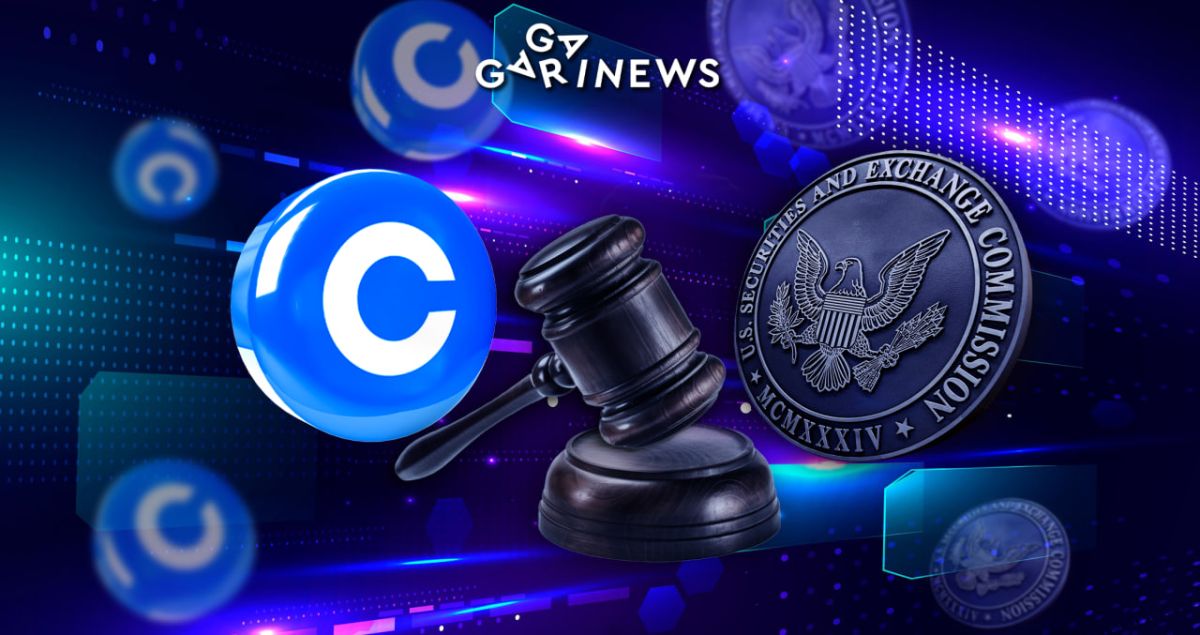“SEC Goes Far Beyond Existing Law,” Says Coinbase

In a development in the ongoing legal battle between Coinbase and the U.S. Securities and Exchange Commission (SEC), the exchange has filed a motion to dismiss the SEC’s complaint.
On this page
Coinbase argues that the digital assets listed on its platform do not fall under the SEC’s jurisdiction and disputes the regulator’s claim that several cryptocurrencies offered on its platforms are unregistered securities.
Coinbase’s 177-page response, filed on Thursday, June 29, counters this claim by asserting that these cryptocurrencies do not qualify as investment contracts and, therefore, should not be classified as securities. The company points to the Supreme Court’s Howey case in support of its position.
According to Coinbase, the issuers of these tokens have no obligations to investors, underscoring the argument that transactions conducted on Coinbase’s secondary market are not securities. The value derived from these transactions lies in the assets themselves and not in the underlying companies that generated them.
Coinbase also highlights that SEC Chairman Gary Gensler has changed his position on the regulator’s powers over cryptocurrencies during his tenure, and notes Coinbase’s repeated calls for regulation. The motion also mentions that Congress has begun to explore the issue of crypto regulation.
Paul Grewal, Coinbase’s Chief Legal Officer (CLO), asserts that the SEC’s claims exceed the boundaries of established law and should be dismissed.
The content on The Coinomist is for informational purposes only and should not be interpreted as financial advice. While we strive to provide accurate and up-to-date information, we do not guarantee the accuracy, completeness, or reliability of any content. Neither we accept liability for any errors or omissions in the information provided or for any financial losses incurred as a result of relying on this information. Actions based on this content are at your own risk. Always do your own research and consult a professional. See our Terms, Privacy Policy, and Disclaimers for more details.


























